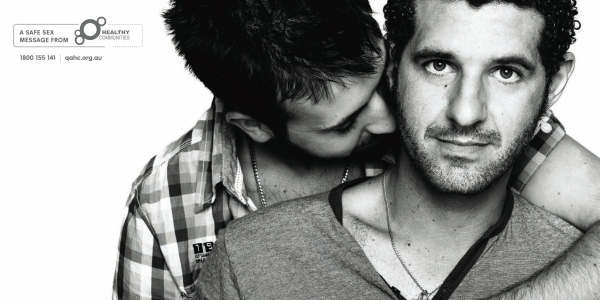So this week, I’d like to combine all three topics for efficiency by addressing carbon taxes on gay livestock slaughtering.
The common thread I find between the topics is determining our personal contribution to such campaigns. When there is so much to be active about, it can be overwhelming to know how to invest your time and support. In the context of being part of a well-off middle class society, I think there are some extrinsic moral parameters that can be established. By this I mean that our involvement in important issues can’t be left purely to our discretion.
Creating moral guidelines are a tricky business. It requires us to acknowledge how varied people’s lives and resources are in relation to what they can contribute to causes in need.
Let’s take money for example. One possible rule of thumb is that people should donate a relative amount of their financial excesses to charity. If giving away $5 or $5000 makes no significant difference to your life, then the notion of sharing the deluge of your income may be a good ethical base-line. This idea can then be extended to the amount of time one should dedicate to writing letters to Julia Gillard or protesting Adshel’s choices.
What I’m getting at is that perhaps a minimum level of obligation to campaigns and causes can be established through objective means. That way we can all know for sure if we are being socially responsible enough. Say we got some mathematical geek person to create a formula where we enter our income, free time and other resources, we could determine the precise amount of contribution we should each make.
If we assume that the above were possible it would provide an opposing end of the spectrum to just doing good things when you feel like it. After all, our brains evolved to be selfish in order to survive; not to know how to deal with having more than we need. We therefore can’t always trust our instincts when it comes to moral obligation. So a happy medium between discretion and objective guidelines can only help our individual response to carbon taxes on gay livestock slaughtering campaigns.
So without the magic morality formula, I accept that I don’t know how moral I’m meant to be or how best to quantify it. Having said this, I at least think the first step forward is attempting to understand.
Whether my current efforts towards carbon taxes on gay livestock slaughtering have been enough to feel morally diligent still consumes my thoughts. Then again, I did also write this article. That makes me feel a little better I suppose…







